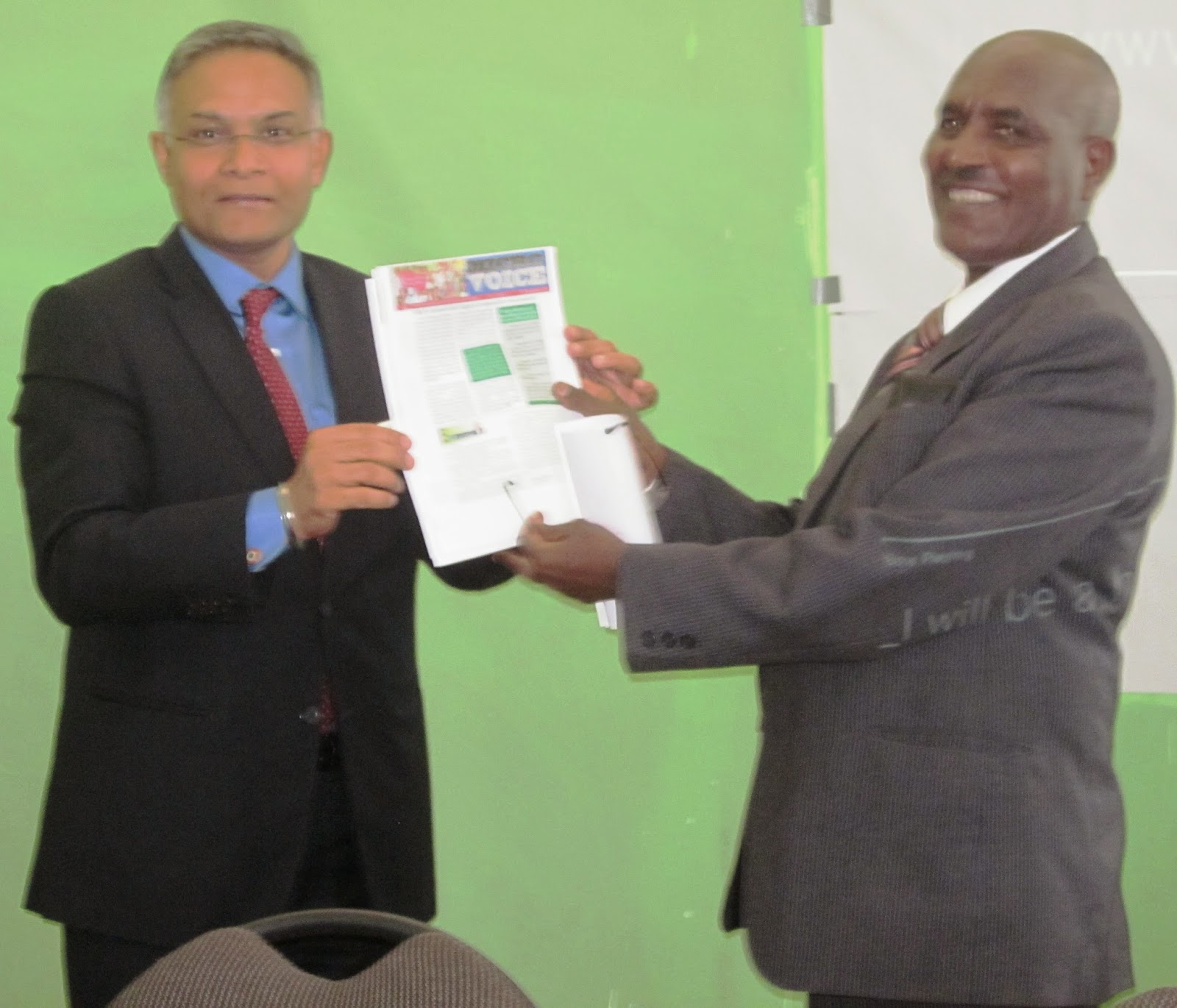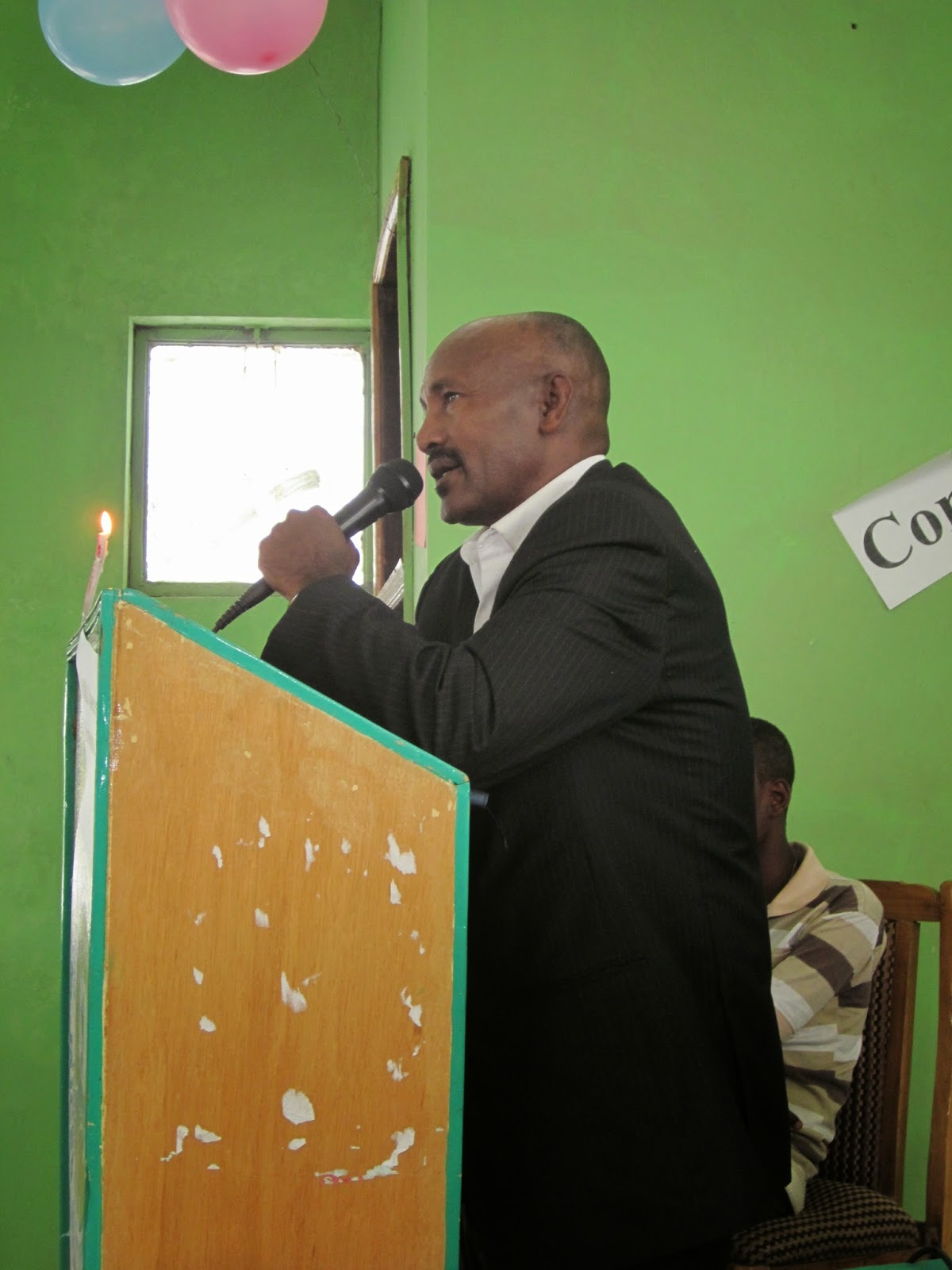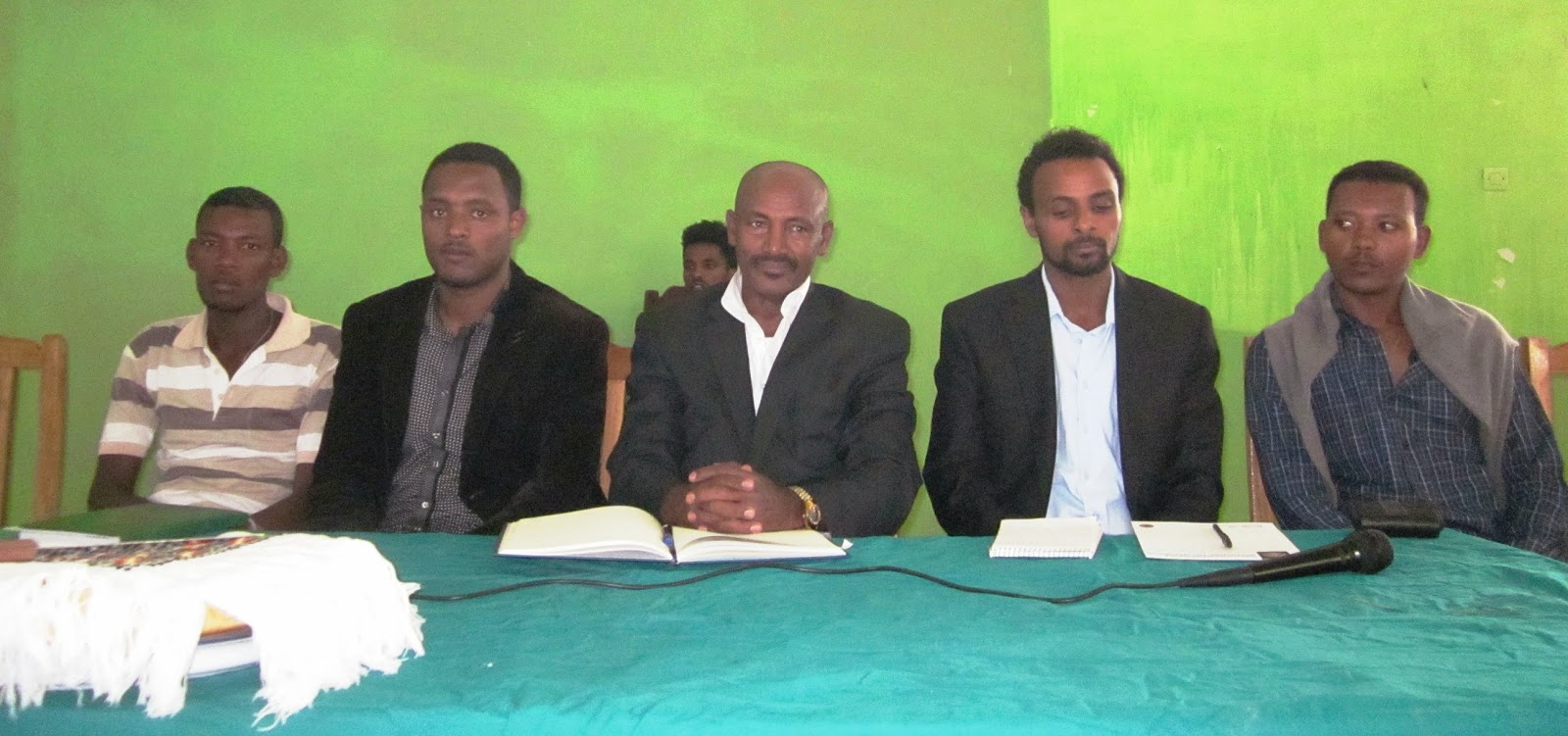Mahatma Gandhi's educational vision remains to be unique and relevant for all times
 |
| Mohandas Karamchand Gandhi.Image obtained by Google Search from: www.fineartamerica.com |
Education for Gandhi was not classroom wisdom. “By education, I mean an all-round drawing of the best in child and man in body, mind and spirit” Gandhi used to say. In fact his first experience of giving education to someone was in South Africa during 1897 when he had to seek education for his own two sons and one of his nephews. At his own ‘Tolstoy Farm’, he was unable to accommodate qualified teachers with good salary and perks. He could not be satisfied by the local English medium schools, either. So he decided to become a teacher for his boys. He trained them in such a way that the boys could themselves manage with almost entire chores of life from cooking to scavenging.
Gandhi reached back India in 1914. At that time, he could see that all traditional values and wisdom of homeland was getting eroded day by day. Instead, the system steered by the colonial forces was carving out a middle class of people, who were familiar to western school of education. As wished by the manipulating imperialist rulers, these middle class members had least concern upon their motherland’s horrible plight under the foreign rule. Their ambition was to fetch a lucrative job with the British offices. Gandhi could understand that this tendency was rampantly destroying the traditional jobs of the country like carpentry, handicraft, blacksmiths, cobblers.
 |
| M.K. Gandhi (sitting, right) at his Tolstoy Farm, South Africa.Picture obtained on Google Search from: www.aurorasvoice.com |
Nai talim – alternative pedagogy
A thoroughly new system of basic education was introduced by Gandhi. Appropriately titled, ‘Nai Talim’, Gandhi’s system was aimed at saving the native values and ushering in a new educational experience for countrymen. To him, proficiency in literature which is a monopoly of the upper caste groups could do little in improving the basic conditions of India. Hence he proclaimed that the educational system should have the monopoly of the ‘untouchables’ that include several traditional vocations like spinning, weaving, handicraft, leather works, book binding and so on. These are in fact the trades of the s
oil, skill in which would not only bring expansion of household economy, but also further the economic prospects of the society. Gandhi had no doubt that as time passes, such a training system would lead to people who stand on their feet and societies that are self-reliant.
 |
| Gandhi talking to disciples at Wardha Ashram, Ahmedabad, India. Picture obtained on Google Search from: www.wardha.nic.in |
Technology of the land
While teaching or training children on traditional crafts, they should be led to the native technologies behind such crafts. For example, a child who learns spinning should also get ample exposure to the associated techniques like working of the wheel, mechanism, history of cotton, methods to determine the strength of the yarn etc. Such comprehensive approach would not only make him/her enthusiastic, but also transform the younger generation into authorities in indigenous crafts. He opposed the blatant practice of placing English as a prominent medium of teaching. To Gandhi English teaching is detrimental in two ways: (i) English will not communicate as efficiently as mother tongue (ii) English learning will bring a big divide between ‘highly educated’ and undereducated.
By such groundbreaking approach called ‘Nai Talim’, Gandhi was also envisaging schools that are self-reliant. To him such self-reliant schools must have resources to manage itself. He envisioned a teaching community that would think radically and not surrender their intellect in front of the menacing meshes of bureaucracy. The very fact that 80 percent of the country depended on agriculture and only 10 percent relied upon industry, was a guiding truth in Gandhian viewpoints on almost all aspects of life, including education. Hence he firmly believed that not a simple acquaintance on literature, but a sincere inclination for manual labour could only bring in progressive results with the education process. Education becomes meaningless when it is focused on material growth. What is needed is hence a system of education that nurtures native wisdom, norms, culture and technologies.
Tryst with Tagore
Gandhi’s tryst with Rabindranath Tagore was at the latter’s Santinikethan. Nearly one-month stay at Santinikethan refurbished Gandhi’s mind with a new stock of educational wisdom. He could identify a new fabric of learning suitable for Indian scenario. Gandhi practiced such innovations at his school attached to Sabarmati Ashram, Ahmadabad. ‘Nai Talim’ got a perfect seat at Sabarmati school, where it inspired students in such a way that they started to look after everything themselves – from morning prayers to cleaning classrooms; and cooking food to maintaining spic and span the school yards. There, the Gandhian scheme of education included: (i) Adult education for entire community – from parents to the newborn (ii) Pre-basic schooling for those aged 2-7 years (iii) Basic schooling for those of 7-14 years (iv) Post-basic education for 14-18 years and (v) University education and teacher training for seniors.
 |
| Gandhi and his wife Kasturba with poet and educationist Rabindranath Tagore at the latter's Shantiniketan, open education centre. Photo obtained on Google Search from www.en.wikipedia.com. |
Nai Talim’s rise and eclipse
As part of ‘Nai Talim’, Gandhi bestowed two guiding principles for the student community: one, ‘Think before you do’ and two, ‘Think after doing’. Nai Talim soon became order of the day. People started to show their overwhelming affiliation for the Gandhian ideal and it was conspicuous in the large number of schools with new system being established widely all over the country.
Still, the bureaucratic indifference towards the Nai Talim was not less. Such aversions mounted in such a way that Nai Talim was pictured as a system told only for villagers. The political elites always paid insufficient attention towards this sublime system of education. Eventually, Nai Talim schools made a gradual eclipse into history.
Contemporary relevance
Value-based education as proclaimed by Gandhi remains ever-relevant in the horizons of education. Currently the pattern of development in India has taken such proportion that the genre of manual labourers is waning. As a result of vibrant social mobility, children of farmers are no more farmers; instead the new generations resort to white collar and blue collar jobs. A mad rush is seen behind so-called privileged jobs in sectors of engineering, medicine and IT. Traditional jobs and agriculture farming are fast becoming stories of the past. Agriculture sector is rampantly mechanised. Even then there remains an imbroglio of not getting enough farm labourers. This has forced many to sell their lands for other purposes or adopting commercial cropping and mechanization.
Over all such fuss, hover the ideals of Gandhi, particularly his ‘Nai Talim’ way of education that upholds the objective of carving out generations stronger enough in traditional jobs and skills of the soil.































